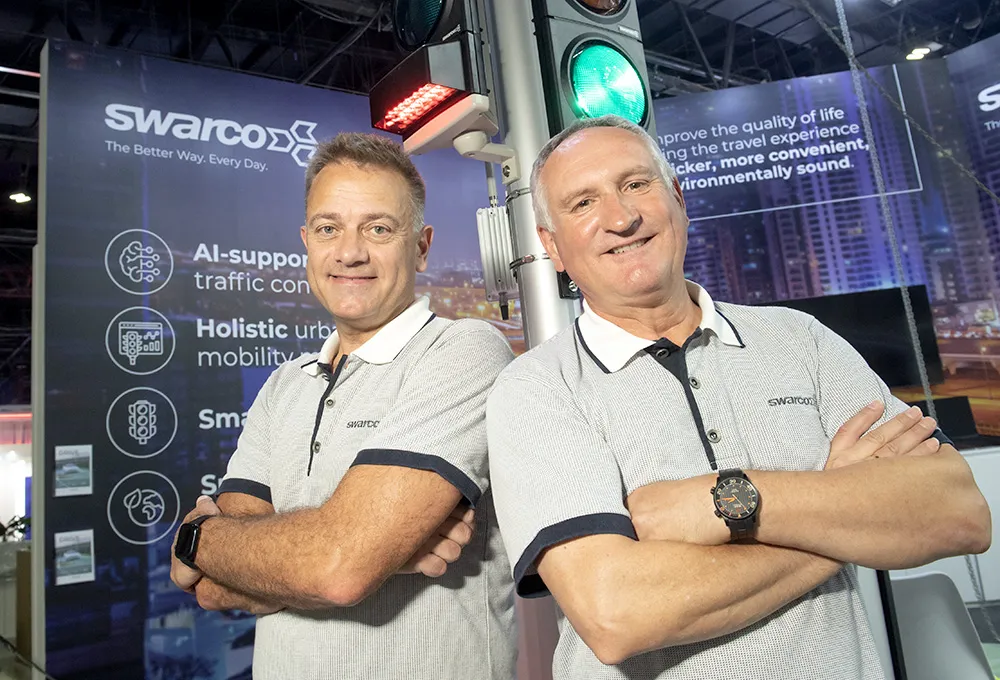As well as featuring its involvement in an innovative new test bed in Australia, PTV Group is here to highlight that smart living needs to be based on smart solutions. As the company points out, buildings and infrastructure pop up like mushrooms, creating a steadily rising number of mega-cities: more people means less individual space and increased mobility challenges.
“The age of connectivity is upon us and it is bringing within it transport and mobility innovation on an unprecedented scale,” said Mille
October 10, 2016
Read time: 2 mins

As well as featuring its involvement in an innovative new test bed in Australia, 3264 PTV Group is here to highlight that smart living needs to be based on smart solutions. As the company points out, buildings and infrastructure pop up like mushrooms, creating a steadily rising number of mega-cities: more people means less individual space and increased mobility challenges.
“The age of connectivity is upon us and it is bringing within it transport and mobility innovation on an unprecedented scale,” said Miller Crockart, vice president traffic global sales & marketing, “In order to master these challenges, cities require an integrated perspective and the time to start designing smarter urban environments.”
PTV Group is showcasing the way in which way traffic behaviour is most likely to change and how methodological and technical approaches can help to master these new challenges. They include new forms of urban mobility: shared vehicles, autonomous driving, real time and mobile information, among others, which will support this development.
Also, ITS World Congress delegates will find themselves in a brand new testbed here in Melbourne. The National Connected Multi-Modal Transport (NCMT) initiative is a collaboration which aims to demonstrate how different modes of transport can be optimised by using realtime data from vehicles and infrastructure so that transport infrastructure can be used more efficiently and can react to incidents in real time. NCMT is a collaboration from a number of organisations, including Victoria’s road agency VicRoads, the telecommunications company Telstra, the University of Melbourne and software and solution company PTV Group.
“The age of connectivity is upon us and it is bringing within it transport and mobility innovation on an unprecedented scale,” said Miller Crockart, vice president traffic global sales & marketing, “In order to master these challenges, cities require an integrated perspective and the time to start designing smarter urban environments.”
PTV Group is showcasing the way in which way traffic behaviour is most likely to change and how methodological and technical approaches can help to master these new challenges. They include new forms of urban mobility: shared vehicles, autonomous driving, real time and mobile information, among others, which will support this development.
Also, ITS World Congress delegates will find themselves in a brand new testbed here in Melbourne. The National Connected Multi-Modal Transport (NCMT) initiative is a collaboration which aims to demonstrate how different modes of transport can be optimised by using realtime data from vehicles and infrastructure so that transport infrastructure can be used more efficiently and can react to incidents in real time. NCMT is a collaboration from a number of organisations, including Victoria’s road agency VicRoads, the telecommunications company Telstra, the University of Melbourne and software and solution company PTV Group.







